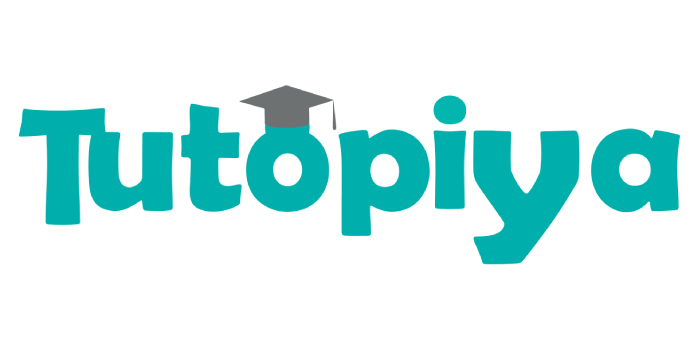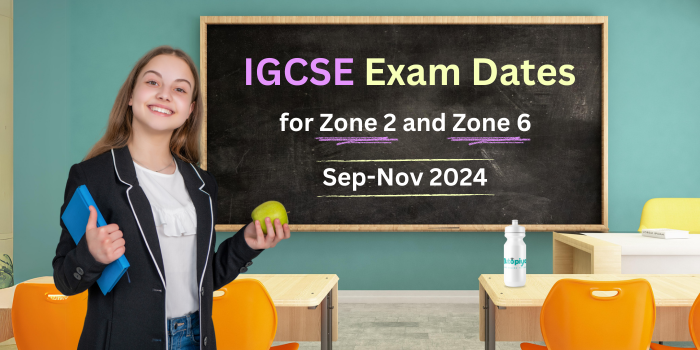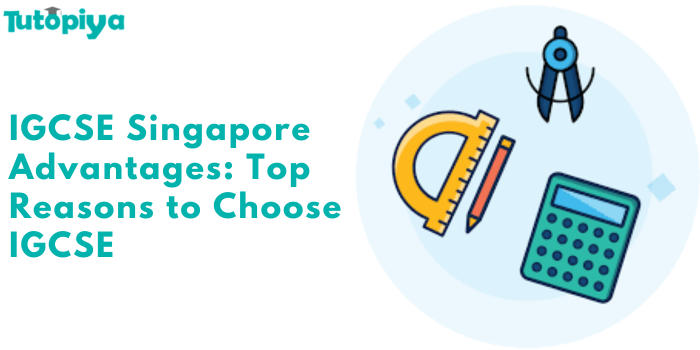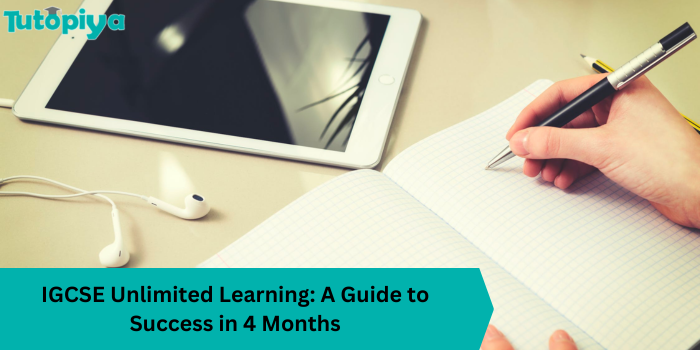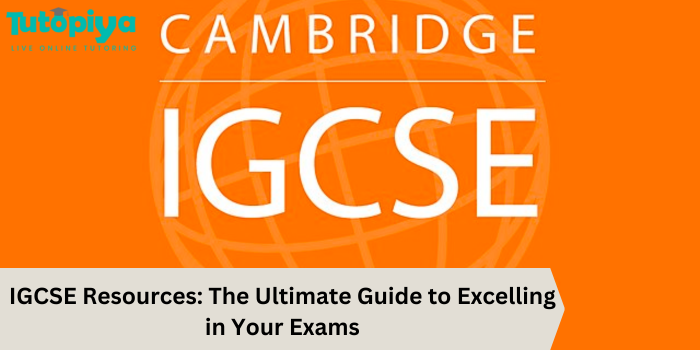Exams are not just a test of what you know, they are a test of how well your brain can retrieve and process that information…
View More How to Prepare Your Brain for Exams: 10 Proven Tips That Actually WorkCategory: Cambridge IGCSE
IGCSE Exam Dates for Zone 2 and Zone 6 (April-June 2025): Important Dates, Subjects, Duration
Cambridge IGCSE Final Exam Timetable 2025 for Zone 2 and 6 We recognize that the final months leading up to you IGCSE exams can be both challenging and exhilarating. Therefore, to assist you during this critical period, we’ve put together this blog, which you can now consider your ultimate resource for preparation. What is the…
View More IGCSE Exam Dates for Zone 2 and Zone 6 (April-June 2025): Important Dates, Subjects, DurationAdvantages of Pursuing IGCSE in Singapore: A Closer Look
IGCSE Singapore: Unlocking Advantages for Your Child’s Future Deciding the correct path of education is an important decision in a student’s life. It is pivotal…
View More Advantages of Pursuing IGCSE in Singapore: A Closer LookIGCSE Group Classes in Singapore: Exam Preparation, Pricing, Benefits and Online Resources
IGCSE Exam Prep Made Easy: Group Classes in Singapore with Competitive Pricing Are you preparing for your IGCSE exams in Singapore? Joining IGCSE group classes…
View More IGCSE Group Classes in Singapore: Exam Preparation, Pricing, Benefits and Online ResourcesIGCSE Unlimited Learning: A Guide to Success in 4 Months: 1 to 1 Online IGCSE Tutoring
IGCSE Online Classes: Benefits, Pricing, Ace the IGCSE exams in 4 months Hey there from the world of IGCSE Unlimited Learning, where students looking…
View More IGCSE Unlimited Learning: A Guide to Success in 4 Months: 1 to 1 Online IGCSE TutoringMaster the IGCSE: Your Complete Guide to Success
IGCSE Preparation Made Easy: Resources & Strategies for Every Subject An internationally recognised credential that gives students a strong basis for pursuing higher education…
View More Master the IGCSE: Your Complete Guide to Success